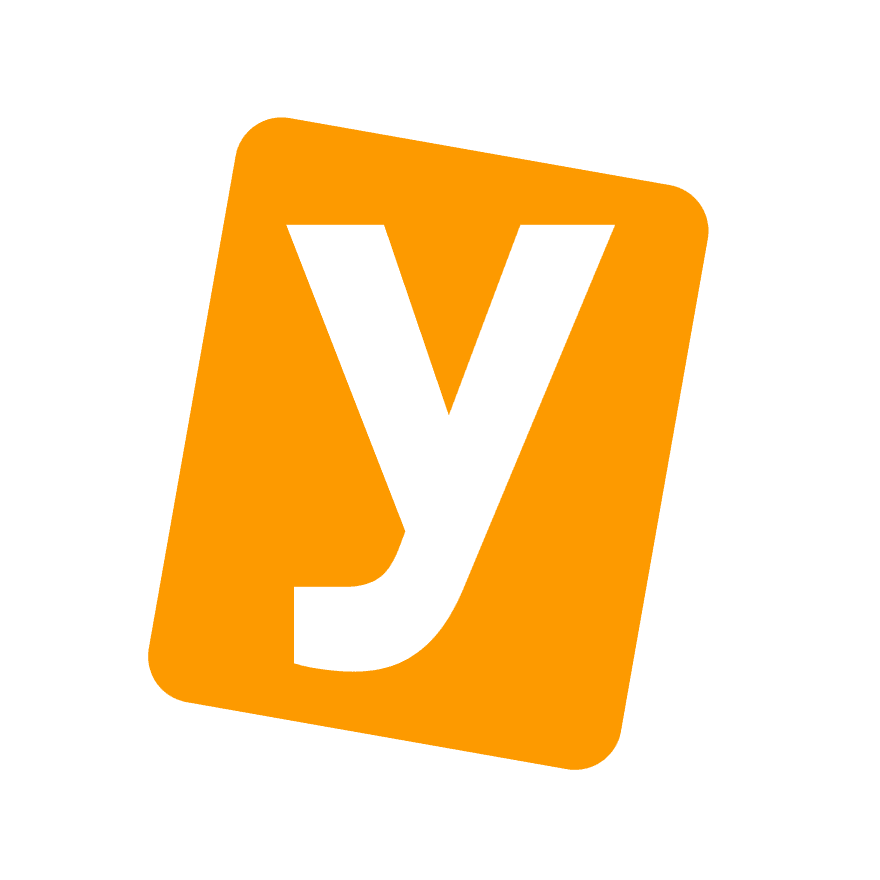

Team Yotru
Preparing for a job interview can feel like a high-pressure test, but with the right strategies, you can turn that pressure into confidence. Whether you’re aiming for your first role or your next big career move, the key to interview success is preparation. At Yotru, we believe every job seeker can walk into an interview feeling ready, confident, and memorable.
In this guide, we’ll cover practical steps to help you prepare effectively, present yourself at your best, and leave employers impressed.
One of the most common mistakes candidates make is walking into an interview with only a surface-level understanding of the job. Employers want to see that you’ve done your homework.
What to do:
Pro Tip: If possible, find out who will be interviewing you and look at their LinkedIn profile. It helps you understand their background and find potential conversation touchpoints.
The “Tell me about yourself” question sets the tone for your interview. Many candidates ramble or list their résumé chronologically, but a better approach is a clear, concise, and relevant personal pitch.
Structure your pitch:
Present: Who you are and what you do now.
Past: Key experiences and achievements relevant to the role.
Future: Why you’re excited about this role and how you’ll add value.
Example:
“I’m a marketing coordinator with three years of experience in social media and campaign management. I’ve led projects that increased engagement by 45% and generated $200K in revenue. I’m excited about this role because it blends creative storytelling with data-driven strategy — exactly where I thrive.”
Employers often use a mix of standard interview questions and behavioral questions that start with “Tell me about a time…” These are designed to see how you think, solve problems, and handle challenges.
Common questions to prepare for:
Behavioral question tips:
Use the STAR method (Situation, Task, Action, Result):
Example:
“In my last role, we faced a sudden drop in website traffic (Situation). My task was to identify the cause and restore numbers (Task). I analyzed analytics, discovered a technical SEO error, and worked with developers to fix it (Action). Traffic rebounded by 30% in two weeks (Result).”
Facts and figures are important, but stories make you memorable. Whenever possible, wrap your skills and achievements into short, engaging anecdotes. A good story:
Stories humanize your experience and help interviewers picture you in the role.
At the end of most interviews, you’ll be asked: “Do you have any questions for us?” Saying “No” is a missed opportunity.
Ask questions that show curiosity, initiative, and a genuine interest in the company.
Examples:
Practice builds confidence, but over-rehearsing can make you sound robotic. Instead:
Remember: Interviews are conversations, not speeches.
Your non-verbal communication can say as much as your words. Positive body language builds trust and shows confidence.
Tips:
First impressions matter, and what you wear plays a role in how you’re perceived. Dress slightly above the company’s day-to-day dress code unless otherwise advised.
With many employers now using Zoom, Teams, or Google Meet, virtual interview etiquette is essential.
Checklist:
After the interview, send a thank-you email within 24 hours. Keep it short, sincere, and personalized.
Example:
“Thank you for taking the time to speak with me today. I enjoyed learning more about your team and the exciting projects ahead. I’m confident my background in [skill/area] can bring real value to the role. Looking forward to the possibility of working together.”
Interview preparation is more than memorizing answers. It’s about showing the employer why you’re the best fit, both on paper and in person. When you research thoroughly, practice strategically, and present yourself with confidence, you make it easy for employers to say “yes.”
Whether you’re just starting your career or looking to take the next step, preparation is the bridge between opportunity and success. Walk into your next interview ready to impress and walk out one step closer to your goal.